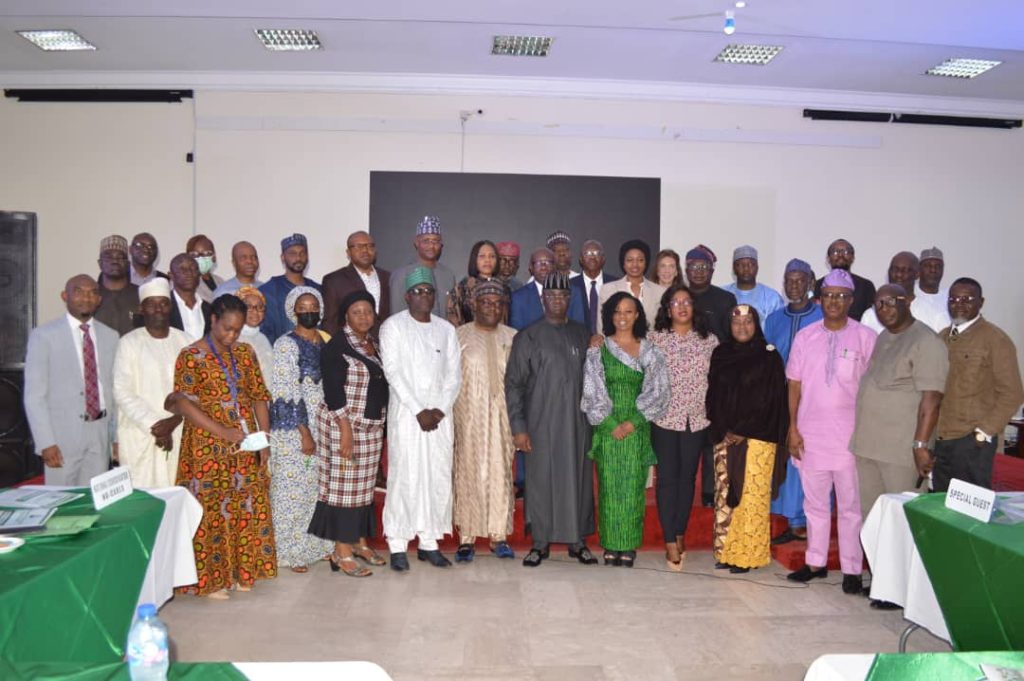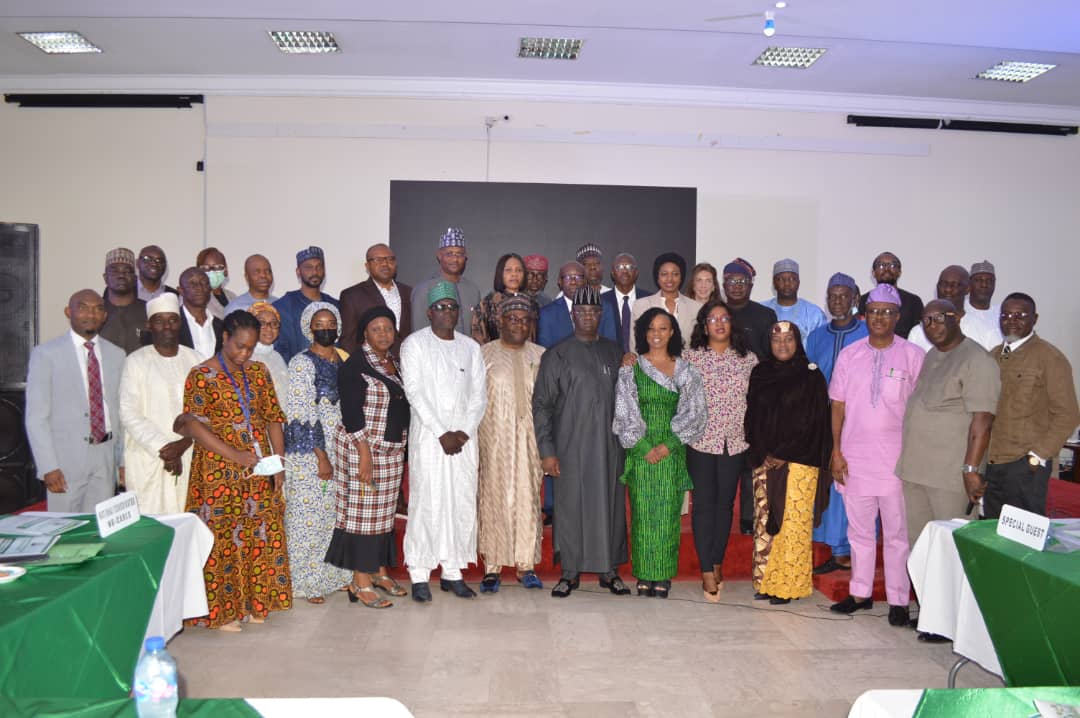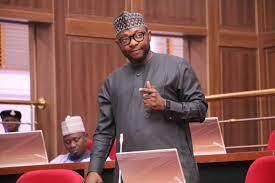
The Minister of State, Budget and National Planning, Prince Clem Agba, has reiterated the commitment of the Federal Government to reducing the lifelong consequences of poverty in the country.
Agba gave the assurance at the National Validation meeting on the draft National Social Protection Policy on Monday in Abuja.
He identified poverty as a challenge in the country, noting that available statistics from the National Bureau of Statistics showed that about 40 per cent of the population live below the poverty line.
Agba, who stated that poverty in Nigeria was multidimensional, however, said that government had put in place different interventions to reduce poverty and mitigate its impact in the country.
He listed some of the interventions programmes initiated by government to reduce poverty to include the National Youth Investment Fund and the N-power government enterprise empowerment programme.
” And most recently, the National Poverty Reduction and Growth Strategy among others to finds solutions to the issue of poverty.”
ALSO READ: ASUU Strike: NLC to embark on Nationwide solidarity protest on July 26 and 27
He explained that the National Social Protection Policy covered a range of policies and programmes needed to reduce the lifelong consequences of poverty and exclusion.
The minister said that the review of the policy was expected to accommodate some emerging issues on social protection and poverty alleviation in the country, which include COVID-19, emergence of urban poor and shock responsiveness.
Earlier, Ms Temi Esteri Fetera, the acting Chief of Social Policy, UNICEF Nigeria and Co-Lead, International Development Partners Group on Social Protection, said UNICEF had been in support of the national social protection policy since the development of the policy in 2012.
He said that social protection had always existed in Nigeria in some form but it existed in fragmented and not fully coordinated with a policy framework.
“So social protection system strengthening is the core focus of the work of UNICEF in Nigeria.
“And one of the things that we did beyond advocating for the policy framework in Nigeria is to support capacity building for the technical working groups constituting supporting ministries at federal and state levels.”


